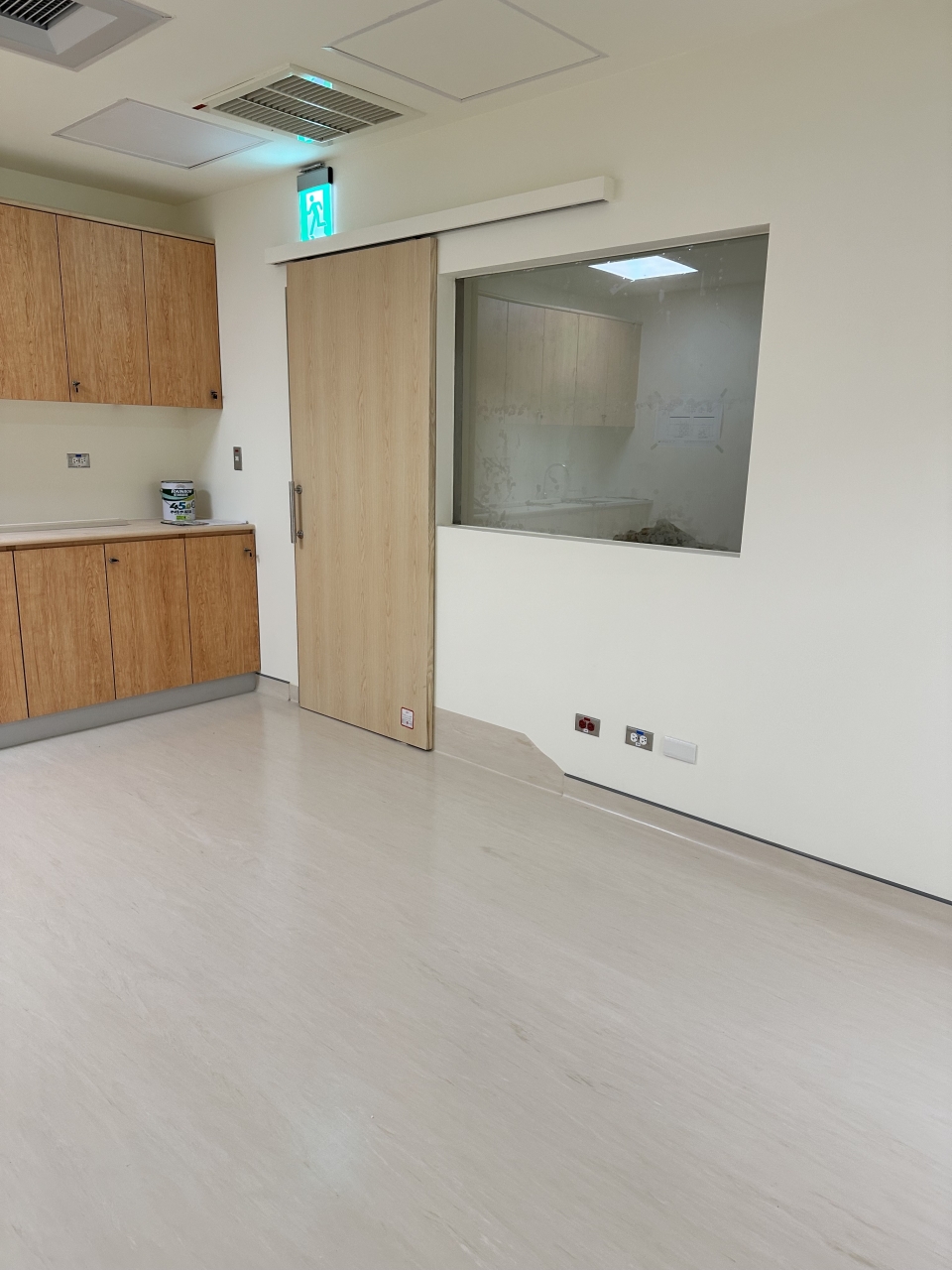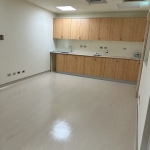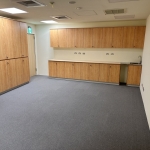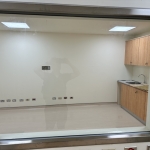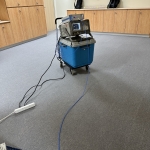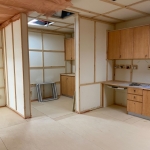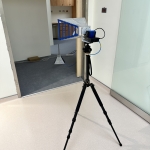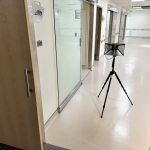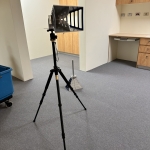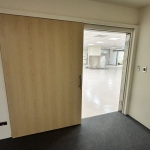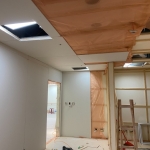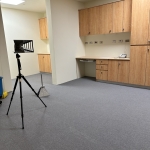-
Overview
MRIs are undoubtedly powerful machines use radio-frequency (RF) to create images and
so they have highly sensitive RF sensors. These sensors can pick up the radio-frequency
electromagnetic radiation (RF noise) coming from outside of the MRI exam room. The
potentially interfering RF noise comes from a wide variety of common electronic devices,
such as transformers, motors, computers, and even cardiac monitors. A slight external
interference can have a huge impact on the MRI's ability to produce quality, diagnostically
acceptable images. For this reason, MRI imaging rooms need an effective radio-frequency
(RF) shield for optimal MRI operation. RF shielding serves two important functions,
preventing external electromagnetic radiation from distorting the diagnostic images,
also preventing the MRI's own electromagnetic radiation from disrupting external
medical devices. If you're building a medical imaging room, you'll need to plan for
this room's MRI shielding and RF shield enclosure design. HANRUIN can either take
an active role in building an effective shield or walking you through the process,
depending on your preferences and budget.
Key Features
▌ MRI RF Shielding.
▌ All parts of the shielded system must feature the appropriate conductive materials,
and when installed together, these parts achieve a six-sided box
(i.e., walls, ceiling, floor), also known as a "Faraday Cage."
▌ Common types of shielded door systems include single swing, double swing, sliding,
double sliding, automatic, and manual.
▌ A shield ceiling is often suspended from the structural deck overhead.
▌ Standard and Custom Designs are Available.
▌ Window Options
▌ Modular Panel Construction
-
Specification
▌ Compliant for Immunity and Emission performance in accordance with EN61000.4.3/EN50147‐1
▌ This test method is performed in accordance with the European standard EN 50147-1
electromagnetic pulse shielding test method and regulations and customer requirements.
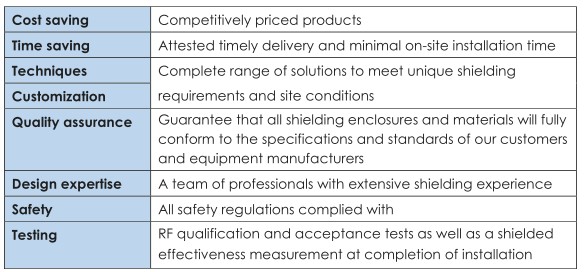
-






